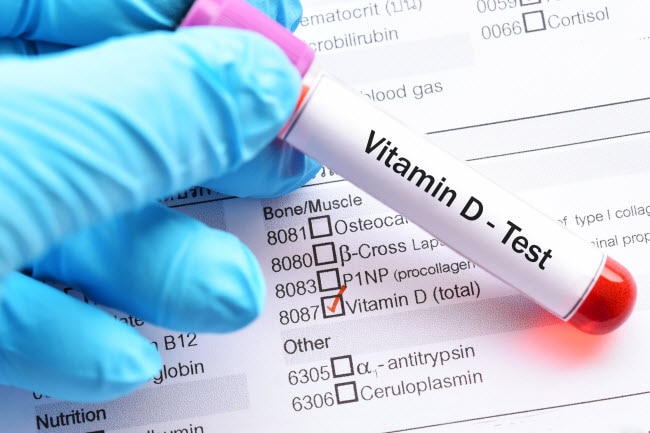Vitamin Blood Test: How to Avoid Vitamin Deficiency
Vitamins are crucial for the body since they work to maintain it in good condition and aid in executing critical activities required in daily life. The body makes RBCs (red blood cells) that are overly large and do not perform correctly if these components aren’t there.
Furthermore, suppose you don’t know how many vitamins are present in your body. In that case, a vitamin blood test can help you determine which vitamins are deficient and whether you are getting enough from sustainable sources.
How Can You Tell if You’re Vitamin Deficient?
It is advantageous to have healthy and well-balanced nutrition in the body. However, a vitamin-deficient diet might result in several serious side effects.
These clinical signs are the body’s method of alerting a person to possible vitamin deficiency. Recognising them might assist individuals in adjusting their diet. Here are some of the most typical symptoms of vitamin deficiency:
- Mental/physical exhaustion
- Irritability or rage
- Sorrowful sensation
- Bone mass decline
- Dry hair/skin
- Bleeding/bruising
- Week healing process
- Infection susceptibility
- Skin hue alteration
Whether you experience any of the following indications above, consult a physician to check if they result from a vitamin deficit or another problem.

Vitamin Blood Test: Why Is It Essential?
Taking a blood test is critical for maintaining one’s overall health. It may assist in envisioning the body’s alterations as a person grows and inspires them to make better health choices. A vitamin blood test can reveal necessary information about personal health.
A vitamin blood test may assist you in verifying that the initiatives to strengthen your health via excellent eating are paying off by detecting any vitamins you could be deficient in, including those you could be taking excessively.
Furthermore, a vitamin blood test examines the levels of critical nutrients such as doses K, B, D, E, A, and C to diagnose deficiency and decide if supplements are required. It’s a simple approach to addressing inadequacies and improving your health.
Vitamin Deficiency: Is There a Way to Avoid It?
To operate effectively, the body requires a range of nutrients. However, since it cannot generate these vitamins, it must get them from our food. A vitamin insufficiency occurs when you do not even eat enough of a required vitamin, or the body can’t process it correctly.
A person may avoid being deficient in vitamins by avoiding habits that lead to insufficiencies, like improper food, smoking and heavy alcohol. A good diet might reduce your chances of having the disease. To prevent potential illness, some patients have a regular vitamin tablet. The following foods may aid in the production of high-quality RBCs (red blood cells) in the body:
- Dairy
- Nuts
- Fruits
- Veggies
- Eggs
- Citrus Juices
- Red Milk
Conclusion
If you want to check the number of vitamins present in your body, a vitamin blood test might assist. Detecting that you are vitamin deficient might help you figure out whether you often get sick, have poor energy, are irritable, or are nervous.
Vitamin insufficiency may increase over time, creating a variety of symptoms. The importance of feeding for one’s health cannot be overstated. You may avoid vitamin inadequacy by keeping track of your diet.




